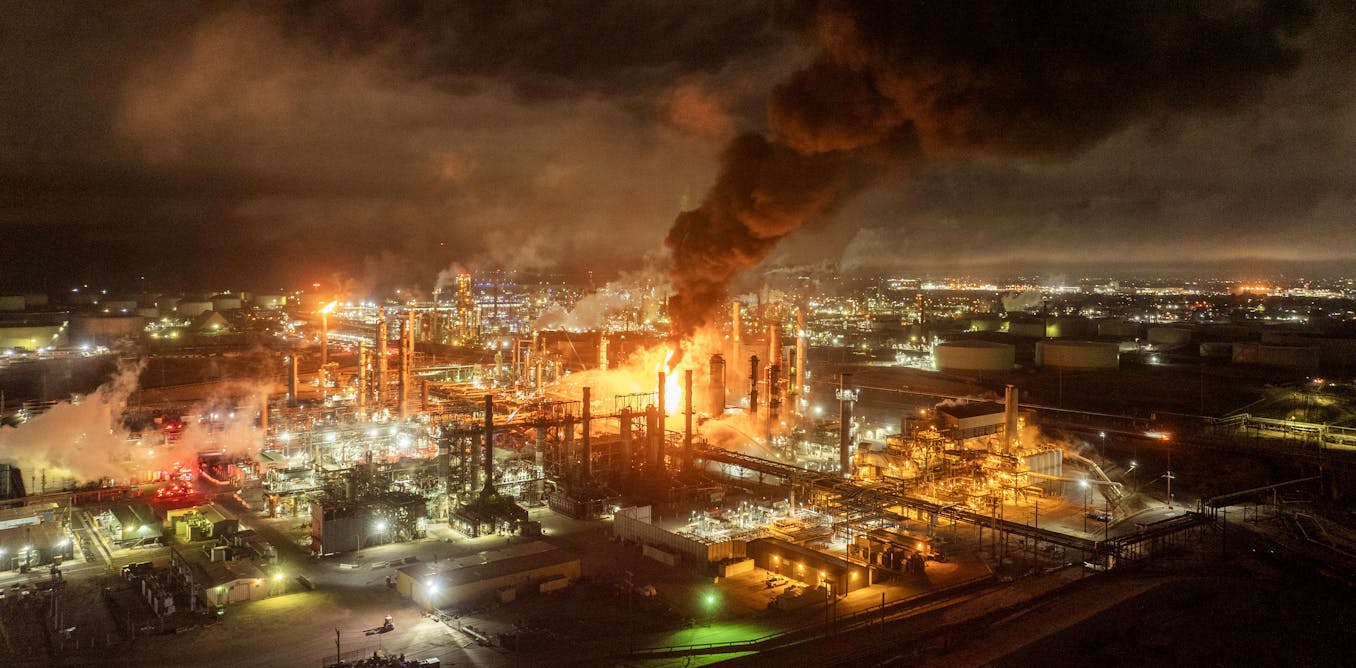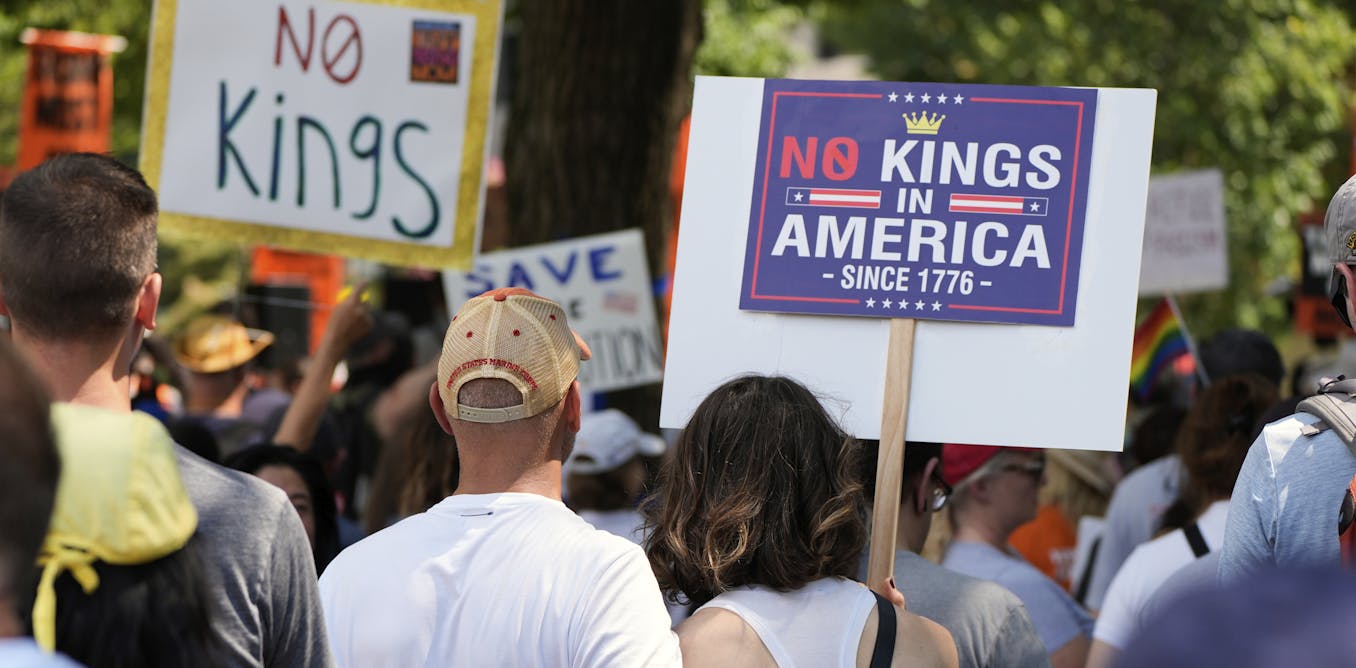Back in January, with Donald Trump’s campaign promises to end the war in Ukraine “within 24 hours” still fresh in the memory, there was genuine unease in Moscow over the US president’s intentions. When Mr Trump mused that “high levels of Taxes, Tariffs, and Sanctions” on Russia might be necessary, one high-profile and pro-war Moscow commentator wrote: “It’s better to prepare for the worst. Soon, we’ll look back on Biden’s term with nostalgia, like a thaw.”
How wrong can you be? Since then, the US president has repeatedly talked the talk without coming close to walking the walk. In May, when Vladimir Putin rejected a 30-day ceasefire, and peace talks in Turkey went nowhere, a “bone-crushing” US sanctions package failed to materialise. An 8 August deadline for Mr Putin to agree to a ceasefire somehow morphed into a red carpet welcome in Alaska, where Mr Trump applauded a leader wanted for war crimes as he disembarked from his plane. The “severe consequences” threatened by Mr Trump if the Alaska talks failed to lead to peace never happened.
Emboldened, Mr Putin has thus continued to prosecute his war aims in Ukraine, and probe for western weaknesses. Last week’s incursion of Russian drones into Polish territory laid bare inadequate Nato planning, as F-35 and F-16 fighter jets were hastily scrambled to deal with cheap kamikaze devices that cost around $10,000 each to produce. It also communicated a warning of possible escalation in the event of any future “reassurance force” deploying European troops on Ukrainian soil. Such a provocation called for a robust and unified response, exerting the kind of pressure on the Kremlin which Mr Trump has so far refused to countenance. Instead the US president appears, once again, to prefer bullying his European allies to targeting Mr Putin. In a statement which reeked of bad faith, Mr Trump declared over the weekend that the US was “ready” to impose tougher sanctions on Russia, but only if certain unlikely conditions were met.
Eyeing a considerable economic prize, Washington is insisting that the EU must increase its imports of US liquified natural gas at a rate that analysts judge undoable. Other demands include the imposition by the EU of 50%-100% tariffs on Russia’s most important ally, China, and an end to all imports of Russian oil by Nato members. This includes Turkey, which has refused to sanction Moscow, imports 57% of its oil from Russia, and lies outside the EU.
Those looking on the bright side in Brussels hope that Mr Trump’s pressure may persuade Maga-friendly governments in Hungary and Slovakia to end their deep dependence on Russian energy imports. That is extremely unlikely to happen, as Mr Trump and his advisers must know. Nor can the EU afford to court the kind of economic retaliation from Beijing that caused Mr Trump himself to back down from a full-blown trade war recently.
During this week’s state visit, it will be Sir Keir Starmer’s turn to try to pin Mr Trump down on decisive action. But from the unproductive Alaska talks to his latest diversionary tactics with the EU, Mr Trump keeps finding reasons not to get tough on Russia. Last week’s drone incursion in Poland represented an ominous upping of the ante. Ukraine’s prospects, and wider European security interests, are being steadily undermined by a president who, in this context, barks but never bites.
-
Do you have an opinion on the issues raised in this article? If you would like to submit a response of up to 300 words by email to be considered for publication in our letters section, please click here.

 German (DE)
German (DE)  English (US)
English (US)  Spanish (ES)
Spanish (ES)  French (FR)
French (FR)  Hindi (IN)
Hindi (IN)  Italian (IT)
Italian (IT)  Russian (RU)
Russian (RU)  3 weeks ago
3 weeks ago
























Comments